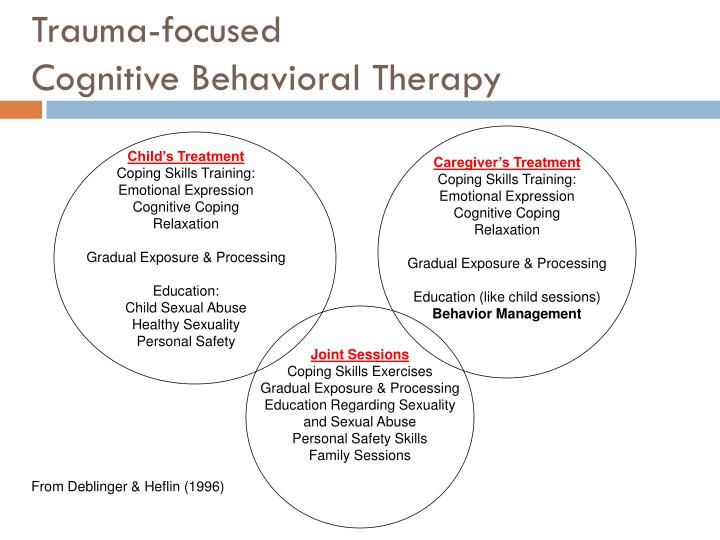
Rape Crisis – a UK charity providing a range of services for women and girls who have experienced abuse, domestic violence and sexual assault.Combat Stress – a military charity specialising in helping ex-servicemen and women.There are a number of charities that provide peer support and advice for PTSD. It's not clear exactly how EMDR works, but it may help you change the negative way you think about a traumatic experience. Other methods may include the therapist tapping their finger or playing sounds. It involves recalling the traumatic incident in detail while making eye movements, usually by following the movement of your therapist's finger.

Sessions usually last for around 60 to 90 minutes.įind out more about CBT Eye movement desensitisation and reprocessing (EMDR)Įye movement desensitisation and reprocessing (EMDR) is a psychological treatment that's been found to reduce the symptoms of PTSD. You'll usually have 8 to 12 weekly sessions of trauma-focused CBT, although fewer may be needed. You may also be encouraged to gradually restart any activities you have avoided since your experience, such as driving a car if you had an accident. Your therapist can help you gain control of your fear and distress by reviewing with you any conclusions you have drawn about your experience (for example, feeling you're to blame for what happened, or fear that it may happen again). Trauma-focused CBT uses a range of psychological techniques to help you come to terms with the traumatic event.įor example, your therapist may ask you to face your traumatic memories by describing aspects of your experience in detail.ĭuring this process, your therapist helps you cope with any distress you feel while identifying any beliefs you have about the experience that may be unhelpful. Cognitive behavioural therapy (CBT)Ĭognitive behavioural therapy (CBT) is a type of therapy that aims to help you manage problems by changing how you think and act. There are 3 main types of psychological therapies used to treat people with PTSD. You can also refer yourself directly to an NHS psychological therapies service (IAPT) without a referral from a GP.įind an NHS psychological therapies service (IAPT) If you have PTSD that requires treatment, psychological therapies are usually recommended first.Ī combination of a psychological therapy and medicine may be recommended if you have severe or persistent PTSD.Ī GP can refer you to an NHS psychological therapies service (IAPT) or, in some cases, a specialist clinic. If active monitoring is recommended, you should have a follow-up appointment within 1 month.

It's sometimes recommended because 2 in every 3 people who develop problems after a traumatic experience get better within a few weeks without treatment. If you have mild symptoms of PTSD, or you've had symptoms for less than 4 weeks, an approach called active monitoring may be recommended.Īctive monitoring involves carefully monitoring your symptoms to see whether they improve or get worse. There are a number of mental health specialists you may see if you have PTSD, such as a psychological therapist, psychologist, community psychiatric nurse or psychiatrist. You're likely to be offered treatment if you've had symptoms of PTSD for more than 4 weeks or your symptoms are severe. You can see a GP to start on this process, or you can refer yourself for assessment to a psychological therapy service. This may be carried out by a GP or specialist.

Assessmentīefore having treatment for PTSD, a detailed assessment of your symptoms will be carried out to ensure treatment is tailored to your individual needs. It's possible for PTSD to be successfully treated many years after the traumatic event or events occurred, which means it's never too late to seek help.
Trauma focused cbt professional#
Traumatic events can be very difficult to come to terms with, but confronting your feelings and seeking professional help is often the only way of effectively treating PTSD. The main treatments for post-traumatic stress disorder (PTSD) are psychological therapies and medicine.


 0 kommentar(er)
0 kommentar(er)
